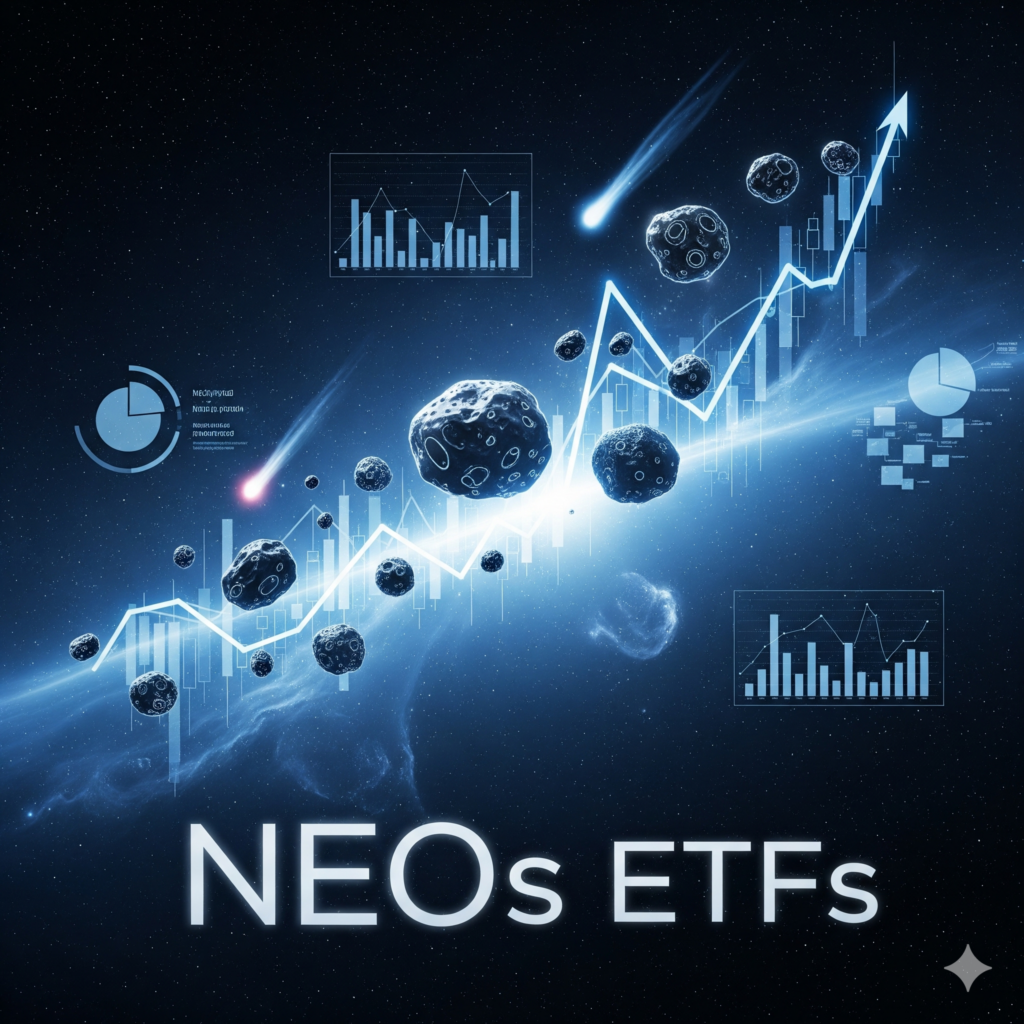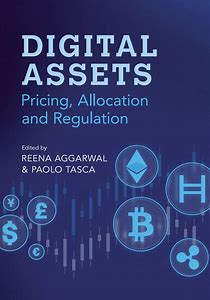“Complexity is like energy. It cannot be created or destroyed, only moved somewhere else. When a product or service becomes simpler for users, engineers and designers have to work harder. [Donald A.] Norman writes, ‘With technology, simplifications at the level of usage invariably result in added complexity of the underlying mechanism.‘ For example, the files and folders conceptual model for computer interfaces doesn’t change how files are stored, but by putting in extra work to translate the process into something recognizable, designers make navigating them easier for users.” — Shane Parrish, Farnam Street
Fitch Ratings’ downgrade of US sovereign credit from AAA to AA+ last week highlights a latent principal–agent problem in modern financial markets: Investors have outsourced much of their risk management to the rating agencies.
But the problem goes beyond just risk management and the rating agencies.
Before Standard & Poor’s reduced its US credit rating in 2011, financial contracts referred to “risk-free” or liquid assets as AAA-rated securities. Considered “good collateral,” these assets were a requirement in most financial transactions.
When US credit became split-rated, the risk of forced liquidation of US Treasuries after another downgrade emerged as a clear and present danger. As Jim Bianco writes, “In the subsequent 12 years, most of these financial contracts have been rewritten to include ‘debt backed by the US Government’ or words to this effect.”
But the financial position of the United States has deteriorated over the past decade, which explains why the Fitch downgrade was not a huge surprise. To be sure, some disagreed with the decision, while others felt it didn’t come soon enough, but most market participants greeted the news with a collective shrug.
A strict financial analysis of US sovereign credit ignores the country’s strong geopolitical position. Its enviable geography and singular influence over global shipping lanes ensure a prominent place in the world economy and are vital inputs to its creditworthiness.
This is the dilemma that Fitch and other rating agencies face when distilling a phenomenon as complex as a sovereign nation’s creditworthiness down to a simple designation. Such labels help keep the gears of commerce turning, but what they actually mean is growing cloudier and losing their informational value. Before 2011, two rating agencies could initiate a deleveraging and spark a panic in the financial markets. But thanks in part to the re-wording of financial contracts in the intervening years, Fitch’s decision failed to catalyze such an event.

That counts as a present good. But what about the restorative effects a deleveraging could have on balance sheets or the fiscal discipline it could engender? What if policymakers need to be reminded that ongoing debt accumulation comes with a cost? In the past, the markets imposed that discipline. Market-imposed discipline meant greater financial market volatility and less financial intermediation. Of course, while that may have made for healthier balance sheets, it also meant less growth and lower living standards.
The rating agencies and other financial market actors provide a form of third-party oversight. They apply a loose system of checks and balances to counter outsized risk accumulation. The Commodity Futures Trading Commission (CFTC) imposes position limits on investment firms, the US SEC fights securities fraud, and the US Federal Reserve regulates the banking system. These are all worthwhile functions. The question is: Does the increased functionality these efforts bring to the financial markets come with any hidden costs?
This is the principal–agent problem in its purest form. Financial innovations increase intermediation, which makes capital cheaper and more readily available. This leads to economic growth and higher standards of living. Lower barriers to entry and seemingly reduced complexity encourage people to invest their savings in the markets. But beneath the surface, the underlying market complexity has never gone away; it has just been moved somewhere else.
If the complexity of our financial system is constant, then where is it hiding and who is managing it?

The dependency paradox suggests that as principals delegate responsibilities to others, they may inadvertently reduce their own capacity to make informed decisions, understand complex issues, and retain the necessary skills to perform those tasks well.
Innovations like exchange-traded funds (ETFs) have opened up the financial markets in a cost- and tax-efficient way. Investors can now buy a well-diversified portfolio with the click of a mouse. But in the not-too-distant past, such an endeavor would have required teams of professionals to accomplish, and today the mechanism that transforms that mouse click into a portfolio remains a mystery to most. The complex algorithms, order routing, payment for order flow, and execution occurring behind the scenes go largely unnoticed until we read about the outsized profits that certain firms make by providing liquidity to the market.
In a way, financial innovations are creating two classes of investors: those who merely consume the products and those who understand how the system that creates these products works. This goes to the heart of the principal–agent problem. Knowledge gaps between principals and agents can lead to, but don’t necessitate, conflicts of interest.
With rating agencies, the conflict arises from the risk that they could pose to the financial system. On the one hand, if they stray from their disciplined analytical approach, their value as a market referee drops, but if they follow too strictly, they could cause a meltdown.

To bridge the markets’ inevitable knowledge gap, we have to accept that complexity can only be transformed and that agents must be empowered to manage this complexity to increase the functionality of the markets. It is not enough for these agents to be transparent and accountable. It is on us, the principals, to monitor and participate in the financial markets and educate ourselves on how they work.
While investing has gotten “easier,” beneath the simple mouse clicks and user-friendly interfaces lie a the complex world that we cannot lose sight of or ignore. That complexity will inevitably reveal itself, and when it does, instead of panicking or assigning blame, we should look to understand it for what it is.
For more market commentary from Joshua J. Myers, CFA, subscribe to his Substack at Cedars Hill Group (CHG).
If you liked this post, don’t forget to subscribe to Enterprising Investor.
All posts are the opinion of the author. As such, they should not be construed as investment advice, nor do the opinions expressed necessarily reflect the views of CFA Institute or the author’s employer.
Image credit: ©Getty Images / chrisroll
Professional Learning for CFA Institute Members
CFA Institute members are empowered to self-determine and self-report professional learning (PL) credits earned, including content on Enterprising Investor. Members can record credits easily using their online PL tracker.
















